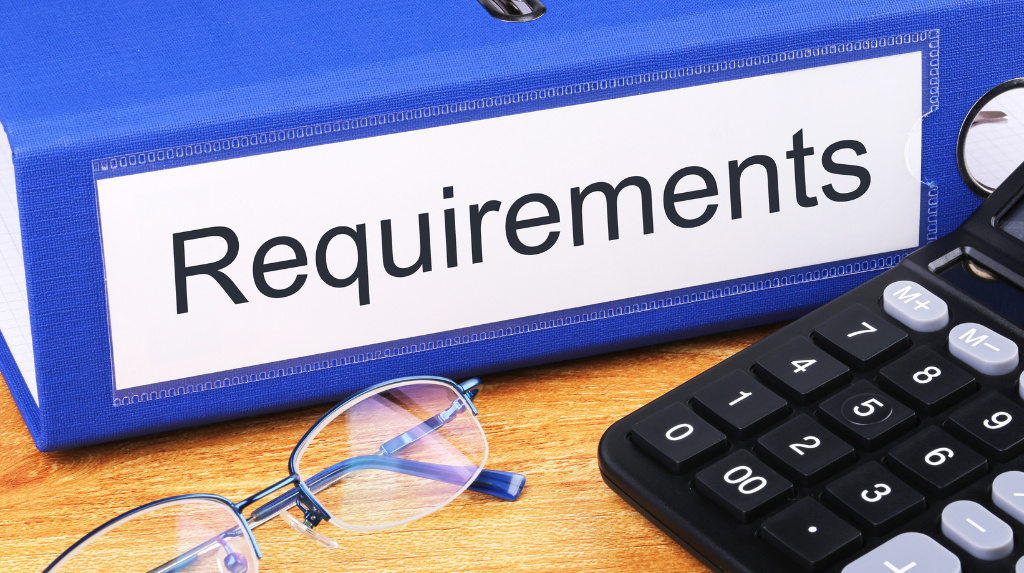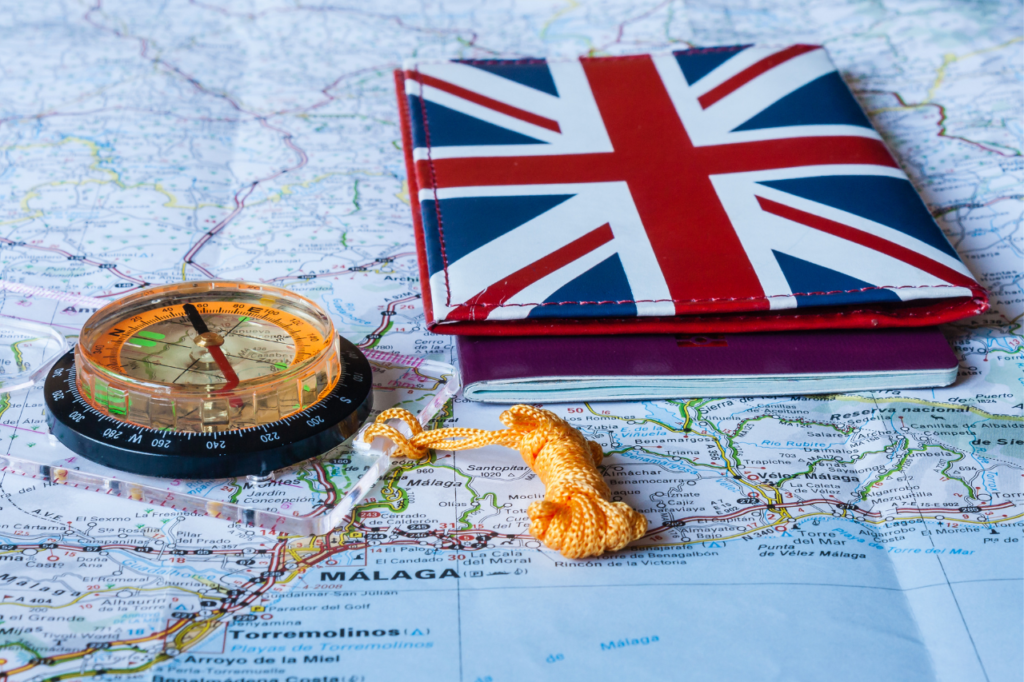In today’s globalized world, many couples in international relationships dream of building a life together in the United Kingdom. However, a key challenge they face is meeting the financial requirements for a UK partner visa. These requirements can be complex and overwhelming. This guide simplifies the financial requirements for UK spouse and partner visas, offering clear and easy-to-understand information.
Understanding the Minimum Income Threshold
At the core of the financial requirements for a UK partner visa is the minimum income threshold. This is the minimum annual income that a sponsor (the UK resident) must earn to support their partner. As of now, the threshold is set at £18,600, a figure unchanged since Appendix FM was introduced in 2012. This amount increases if dependent children are included in the application.
Calculating the Minimum Income Threshold with Dependent Children
When dependent children are part of the application, the minimum income requirement goes up. A dependent child is defined as any non-British or non-settled individual under 18 or one who was under 18 when they first applied for a visa under Appendix FM. The table below shows the minimum income thresholds based on the number of children:
Partner with no children: £18,600
- child in addition to the partner: £22,400
- children in addition to the partner: £24,800
- children in addition to the partner: £27,200
It’s important to check the latest requirements before proceeding with your visa application, as these thresholds are subject to change.
Categories of Income Sources
To meet the minimum income threshold, applicants can use income from various sources, categorized as follows:
- Categories A and B: Salaried and Non-Salaried Employment
- Category A: Includes salaried employment with a fixed annual rate and contractual minimum hours.
- Category B: Covers non-salaried employment, with income paid at an hourly or variable rate. Gross income (before tax) is considered for both categories.
Category C: Non-Employment Income
Covers income from property rental, investments, and other non-employment sources. This provides an alternative way to meet the financial requirements.
Category D: Cash Savings
Cash savings must be held in an account for at least six months before the application. These savings can help meet the minimum income threshold.
Category E: Pensions
-Includes state, occupational, or private pensions from the UK or abroad. Pension income must be received for at least 28 days before the application date.
Categories F and G: Self-Employment and Directorships
For self-employed individuals or directors of specified limited companies. Income calculations depend on the nature of the business and the financial year.
Meeting the Financial Requirement: Detailed Scenarios
Scenario 1: Category A
Employed for at Least 6 Months
If the sponsor has been with their current employer for at least six months, their gross annual salary must exceed the minimum income threshold.
Scenario 2: Category B
Employed for Less Than 6 Months or Variable Income
This applies if the sponsor has been with their employer for less than six months or has variable income.
Example: Simon, in non-salaried employment for five months, must calculate his average income over the past 12 months.
Scenario 3: Category C
Non-Employment Income
Uses income from property rentals, dividends, and other non-employment sources.
Scenario 4: Category D
Cash Savings
Requires readily accessible savings held for at least six months.
Example: For a partner with no children, the required savings amount to £62,500.
Scenario 5: Category E – Pensions
Uses income from state, occupational, or private pensions.
Pension income must have been received for at least 28 days before the application.
Scenarios 6 and 7: Categories F and G – Self-Employment and Directorships
Specific rules apply depending on the nature of the business.
Sponsors Receiving Benefits
This is like a disability living allowance or carer’s allowance, can use these to meet the financial requirement. Documentation from relevant government departments is necessary to confirm the benefits.
Exceptional Circumstances
In exceptional cases, alternative sources of financial support can be presented. These cases require comprehensive documentation and are assessed on a case-by-case basis by UK Visas and Immigration (UKVI).
Exemptions to the Financial Requirement
If the UK partner is receiving any of the following benefits, the minimum income threshold does not apply:
- Disability Living Allowance
- Severe Disablement Allowance
- Industrial Injuries Disablement Benefit
- Attendance Allowance
- Carer’s Allowance
- Personal Independence Payment
- Armed Forces Independence Payment or Guaranteed Income Payment under the Armed Forces Compensation Scheme
- Constant Attendance Allowance, Mobility Supplement, or War Disablement Pension under the War Pensions Scheme
- Police Injury Pension
- Child Disability Payment
- Adult Disability Payment
Conditions for Exemption
While these exemptions allow applicants to bypass the minimum income requirement, they must still demonstrate that they can adequately maintain and accommodate themselves and any dependents in the UK without recourse to public funds. This means providing evidence of sufficient financial resources to cover living expenses and housing costs.
Understanding these exemptions can significantly aid applicants in navigating the financial requirements of a Spouse Visa application. It is essential to provide comprehensive documentation to support claims of adequate maintenance if relying on these exemptions.
Navigating the financial requirements for UK partner visas can be complex, but understanding the rules and categories is essential for a successful application. Carefully assess your income sources and ensure you meet the minimum income threshold. Seek professional guidance and stay updated with the latest immigration regulations to enhance your chances of a successful UK partner visa application. Love may know no borders, but a well-prepared visa application can bridge them.
How Law and Visas Can Help?
At Law and Visas, our team of expert immigration consultants is here to make your travel to the UK straightforward and successful. Whether you’re applying for a Student Visa or an Unmarried Partner Visa, we handle every step—from preparing your application to gathering the required documents.
Our Immigration Consultants and Lawyers ensure that your application meets the highest standards, with no details missed. We’ll also keep you informed throughout the process and coordinate with the immigration office or embassy on your behalf.
Law and Visas have a strong record of helping clients secure the visas/permits they need to visit the UK. You can call us today at +234 812 5505 986 to learn how we can help you.





